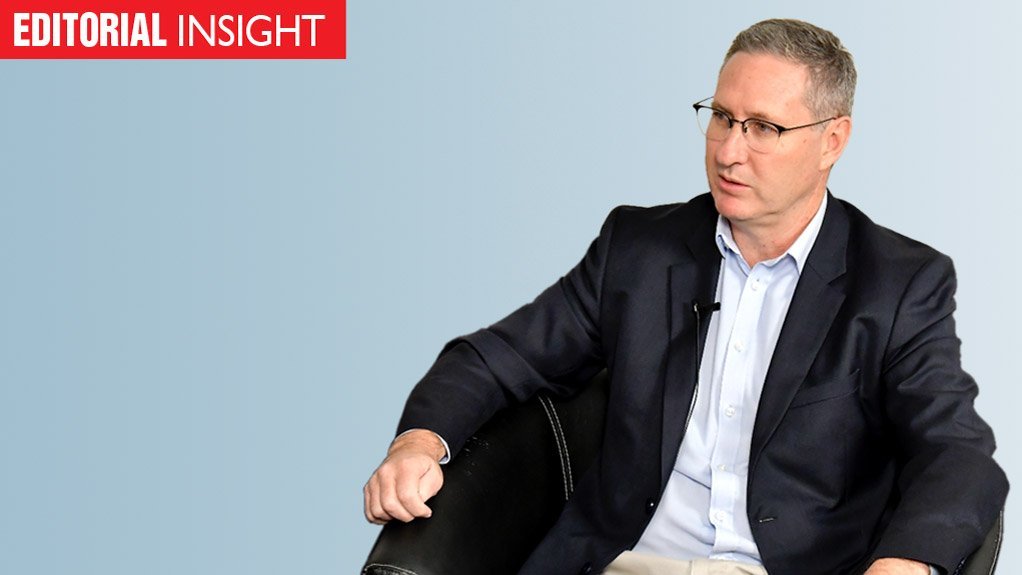The damage wrought by the Covid-19 pandemic on the South African economy is becoming horrifyingly clearer by the day.
The World Bank warns that South Africa will, in 2020, experience its deepest economic contraction in a century, with the country’s gross domestic product (GDP) forecast to slump by 7.1% on the back of “stringent but necessary” Covid-19 containment measures. The bank’s ‘2020 Global Economic Prospects’ report, released on June 8, notes that the updated forecast represents a downward revision of 8% relative to its previous growth estimate for South Africa, released ahead of the pandemic.
The report’s forecast is less dire than some recent domestic estimates, but more or less in line with the South African Reserve Bank’s most recent expectation of a 7% contraction for 2020. Finance Minister Tito Mboweni is anticipated to provide an update to the National Treasury’s forecast when he releases a special adjustment Budget on June 24.
Other commentators, including Business for South Africa, are warning that South Africa's GDP could shrink by between 10% and 16.7%. This despite the R500-billion support package unveiled by government, as well as the various monetary policy measures taken since the advent of the crisis, including combined interest rate cuts of 275 basis points and an asset purchase programme.
The shape of the South African recovery will depend partly on the pace of the recovery elsewhere and particularly among our leading trading partners in Africa, Europe, Asia and the Americas.
Worryingly, therefore, the dismal outlook for South Africa comes against the backdrop of a World Bank forecast that the global economy will shrink by 5.2% this year, representing the deepest recession since the Second World War.
The bank expects South Africa’s growth to rebound in 2021, helped in part by government’s announced ten percent-of-GDP fiscal stimulus package. It is projecting that the South African economy will expand by 2.9% in 2021.
What is becoming increasingly apparent, though, is that a V- or even a U-shaped recovery is going to be difficult to achieve in the absence of some clear-eyed policy decisions.
South Africa’s fiscal and monetary policymakers should have a laser-like focus on ensuring that their choices don’t only stoke a recovery, but also stimulate it in ways that will have the highest impact.
In a context where high unemployment lies at the heart of deep inequality and oppressive poverty, that impact has to be measured by whether the choices will deliver millions of new jobs in thousands of existing and new sustainable enterprises.
The World Bank argues that the South African recovery could gain traction if planned structural reforms are implemented, including plans to improve public investment management and to encourage greater private-sector participation in infrastructure development. These remedies, together with a concerted push to sort out the country’s growth- sapping power crisis, are obvious places to start.
Sadly, some of the proposals beginning to surface are not only divorced from the reality of South Africa’s fiscal, monetary and energy constraints but could well serve to worsen them.
EMAIL THIS ARTICLE SAVE THIS ARTICLE ARTICLE ENQUIRY
To subscribe email subscriptions@creamermedia.co.za or click here
To advertise email advertising@creamermedia.co.za or click here











